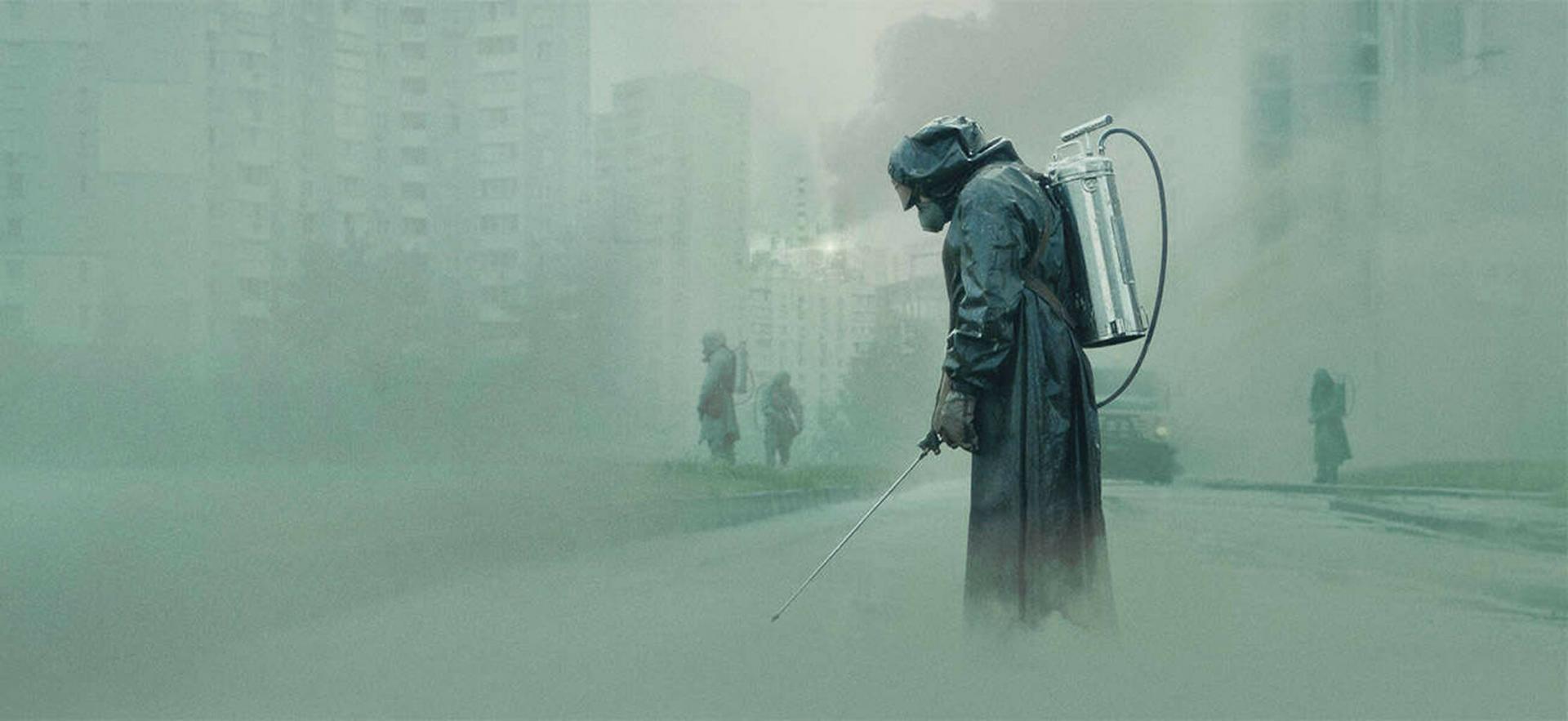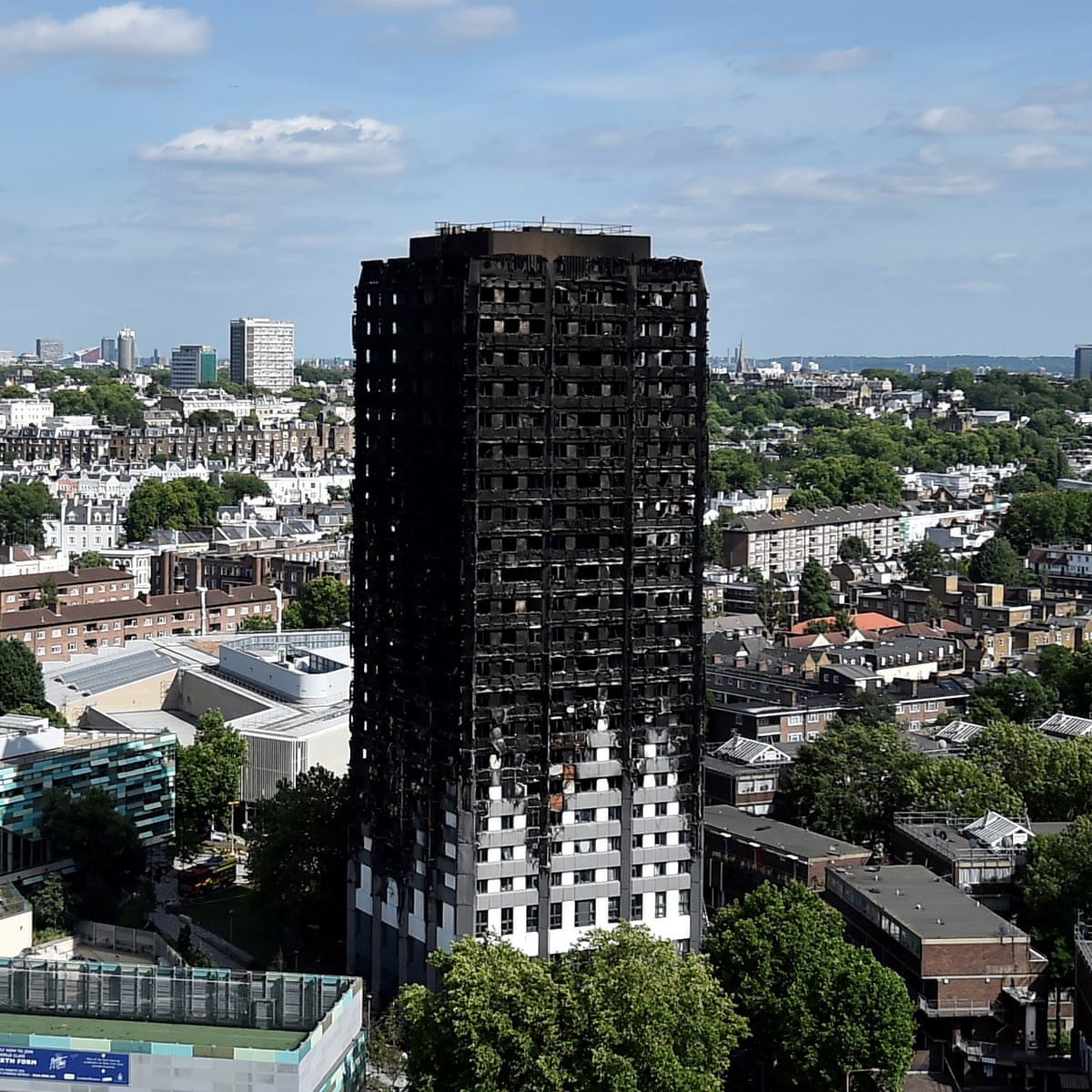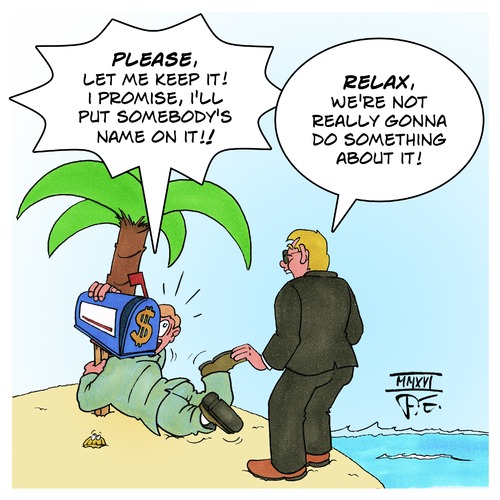Invisible Disasters: The Pursuit of Truth and the Cost of Lies

It's very easy for an ordinary person to feel like an ant in our world. Our society, our economies, and our logistics are so large and complex that it is so easy to disconnect from it all. How could I, one person, change the world? My belief is that you can't, the individual can be important, the efforts of many individuals today and throughout history have been extraordinary. Audiences are swept up into the lives of historical figures through Hollywood portrayals of these individuals and we try to see ourselves in those figures. These figures, however, have become more than a single person. They have become symbols that can be changed and molded by our collective perception.
Back to reality, many of us have made the scientifically-informed decision to remain socially distanced and wear masks to prevent the spread of a virus. A global pandemic, an invisible threat to our species. A large portion of our population, has been forced to ask themselves the question, what do I do when I can't go outdoors and see the world? The answer, for many, has been television; for many others, it has been the internet. Passive consumers of television and the internet rely on the content creators: the studios, the writers, the media, the advertisers, to get their information for what is going on out there. It is not a huge step for our generation to make as most of us have comfortably been able to plug in with faster and more compact technology.
I've just finished watching an HBO mini-series called Chernobyl, covering the perspectives of a few individuals who lived through the nuclear disaster of 1986. It is incredibly well made and presented to make the audience feel like they are really there in the room trying to figure out how to stop invisible waves of gamma radiation which are spreading out of control as every second passes. Nuclear horror as a genre owes much of its inspiration from Hiroshima and Nagasaki but it would not be feared as it is today if not for Chernobyl. The mini-series focuses on the confusion, the misinformation, and outright lies that surrounded the disaster. I drew a similarity in my mind to how Trump seems to deny the real impacts of Covid 19 to tout his own narrative of the disaster. So it was with the corrupt officials who attempted to save face for the Soviet Union in 1986.

A shocked President of the United States comes up against a starkly different reality from his narrative in his interview with Jonathan Swan
The show's overarching conclusion of why the Chernobyl disaster happened was that corners were cut because of cost efficiency and no one wanted to upset the systems in place. Like with many of the worst events throughout history, there was a failure to accept responsibility. The disaster was caused and worsened by a denial of the risks and a denial that the problem was as large as it seemed. When the enormity of the situation was proven beyond doubt, justice was largely evaded by those responsible. I cannot help but think of yet another invisible disaster, the financial crash in 2008, and economic strife which followed. Enough individuals in charge decided that the cost of life and livelihood was unfortunate but necessary and that the status quo should remain, a few quiet tweaks but all in all, business as usual. This pattern of cutting of corners for short term gain and a refusal to accept responsibility or implement change can be seen in the case of a plainly visible disaster, Grenfell Tower in 2017. We still await any material changes or compensation despite it being 3 years since the inquiry. Why are tens of thousands of people living in social housing that is fatally dangerous in regard to fire safety?

In approximately 12 minutes, the fire had spread up 19 storeys on the outside of the building.
Every disaster or tragedy is unique in some way, each of the examples I have given has different contexts. The Soviet Union in 1986 operated very differently from Wall Street in 2008, some would treat them as opposites economically. However, the common problem I want to focus on is corruption, the failure to have accountability. My definition of corruption here is systemic dishonesty at high levels of administration, often motivated by material or social gain. No matter your economic or political leaning, to the left or the right, we should expect from governments and companies that they will take all the steps necessary to prevent the worst from happening and to refrain from taking egregious risks. Corruption is a non-partisan issue, it is the decision to ensure that groups of people are transparent and that checks and balances exist in the highest echelons of power and wealth to prevent fraudulent practices. It is not glamourous, easy, or profitable but it could save lives.
In recent years for the UK and the USA, we have seen a blatant move away from accountability: A suspension of parliament, an impeachment, police brutality, offshore tax havens, weapons dealing, collusion with foreign powers upon democratic processes, and an utter disregard for the impact our economy is having on the planet we live on. The international sphere is an unbalanced and unfair space, the nations and global corporations which inhabit it refuse to play by the rules or to be honest. Making and enforcing a system of laws in the huge undertaking of statecraft and is hard enough without global interferences. So corruption can be seen as a pervasive and coercive force in our societies as they exist today.

Cartoon by Timo Essner 2016
So what? It's too big, how could I possibly take on an issue as widespread and universal as corruption? I'm not a god I'm just one inconsequential person. Nevertheless, if more noise was made about keeping those in power accountable, our chances for having a fair and disaster-free society would be much higher. If it were treated as a priority, we would see fewer tragedies. However, it is a constant process, a tireless, and often thankless, endeavor to search for the truth. It is impossible to foresee a tragedy, all we can do is be aware that not all decisions are made with human utility, health, and safety in mind and mistakes do happen. We have to learn from past mistakes, do our research and do our best to take care of one another.
If we were to see more responsible or even honorable people are able to find their way to positions of authority. It will take some important reforms and even restructuring to truly reverse the advance of corrupt and deregulated practices in our public life. In a world where everyone has a computer at their fingertips, it is possible to achieve the transparency that I'm hoping for. In the event of a disaster, perhaps on a global scale, our democracies will be faced with the task of learning and preventing it from happening again. Until then, we should remind our public figures and policymakers whenever we can, about the cost of lies.
Comments
Post a Comment